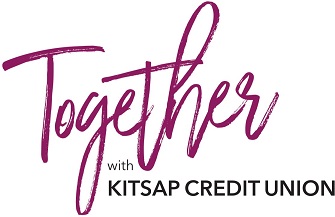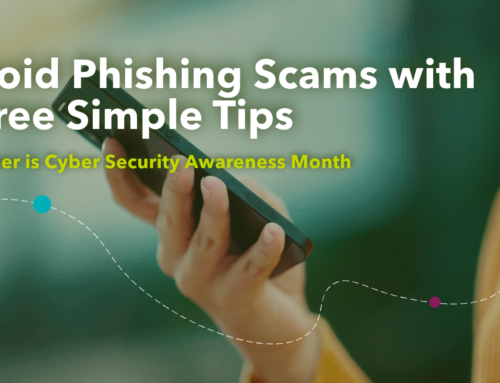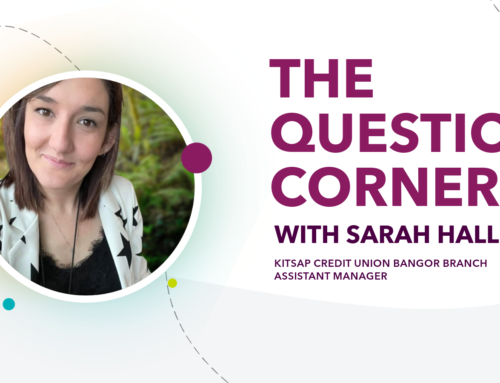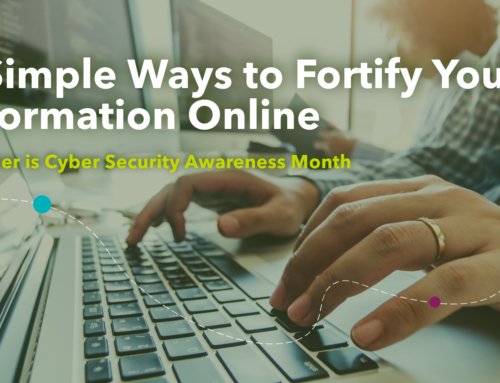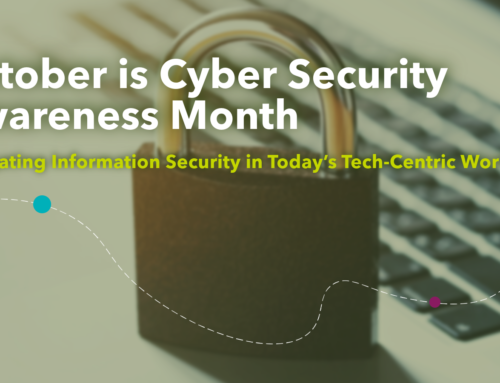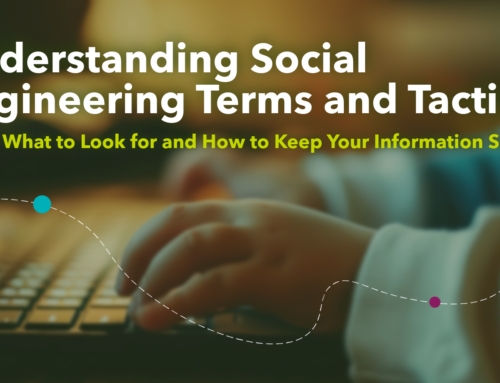The word “Phishing” is a spin of the word fishing. That’s because criminals will dangle fake bait, like the promise of money, hoping to get people to give them information they need to commit fraud.
Today we wanted to help you understand email phishing. This is when a criminal sends an email with the intentions to scam a person into surrendering private information that will be used for identity theft. Often times, the email will look like it’s coming from a legitimate business or organization so you think it’s safe to click on their link or send your information.
As a member of Kitsap Credit Union, you belong to a community that cares about you and your privacy. That’s why we want to help arm you with the knowledge you need to keep yourself and your information safe. When you read your emails, here are some warning signs to watch for.
- Errors – Spelling or grammatical errors in the subject line or body of the email should be a big red flag.
- Lack of Contact Information – Contact information should be provided in the email without needing to click a link. Most emails should have contact information in the footer of the email.
- Deadlines – Sometimes criminals will try to scare you with deadlines and threaten collection efforts, suspension of your account, or criminal charges. Do not allow this to scare you into following their commands.
- Suspicious Requests – Follow you instincts if something feels wrong. For instance, your financial institution should never request personal information, especially through email. If you receive a message asking for this information, call your financial institution immediately.
- The Email Address Format – If the email address format doesn’t match the organization’s other emails, it is likely fraud. For instance, irs@gmail.com or amazon.net.
- Suspicious Hyperlinks – Before clicking on any links in an email, hover over the link to see where it is taking you. If the link looks suspicious, do not click it. That link could infect your computer with malware.
Please remember, Kitsap Credit Union will never call or email you to ask for your personal information. If you receive a call or email like this, contact us immediately.
